In an era where our morning starts with notifications and ends with a goodnight scroll, digital marketing has become the heartbeat of modern business. But what exactly is it?
Imagine you’ve just launched a unique, eco-friendly coffee brand. Now, how do you tell the world? Billboards? Maybe. Flyers? Old-school. But how about reaching coffee lovers exactly when they’re Googling “best organic coffee”? That’s digital marketing in action.
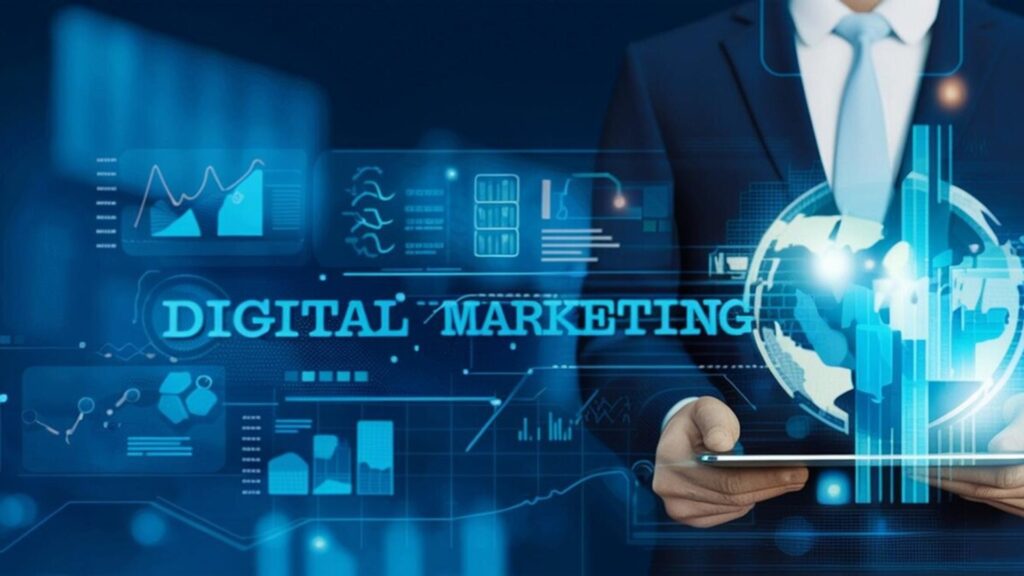
Digital marketing is the promotion of products, services, or brands using the internet and digital technologies such as search engines, websites, social media, email, and mobile apps. It’s not just advertising—it’s creating relationships with your audience online.
Think of it as a conversation, not a sales pitch.
The Key Channels of Digital Marketing
Let’s break it down like a playlist of powerful tools:
1. Search Engine Optimization (SEO):

SEO is the process of optimizing your website content and structure to rank higher in search engine results. It drives organic traffic by making your site more visible when people search for relevant keywords, helping you attract potential customers naturally.
2.Content Marketing:
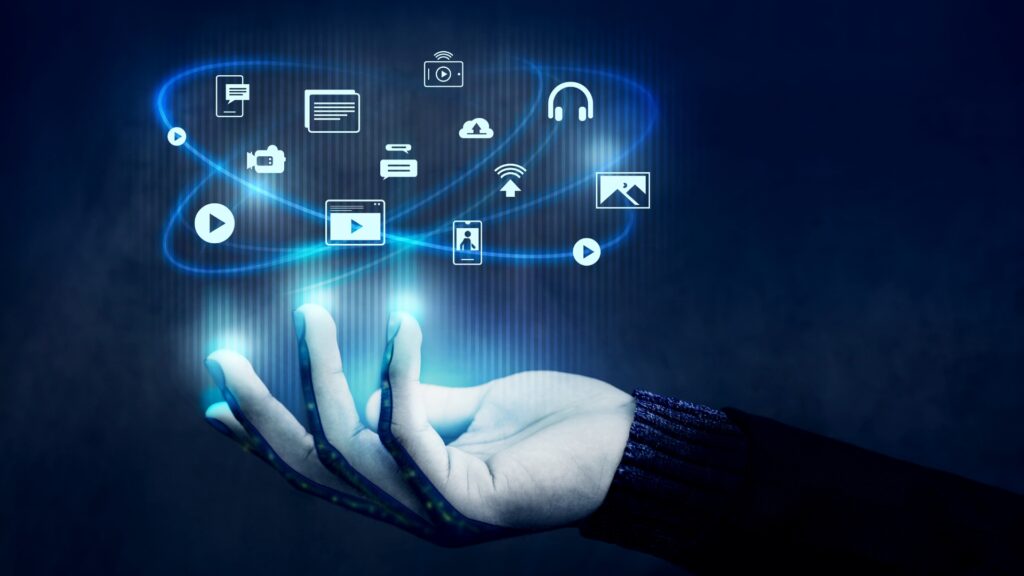
This involves creating valuable, relevant content such as blogs, videos, or infographics that educate or entertain your audience. Good content builds trust, encourages engagement, and positions your brand as an authority in your industry.
3. Social Media Marketing:
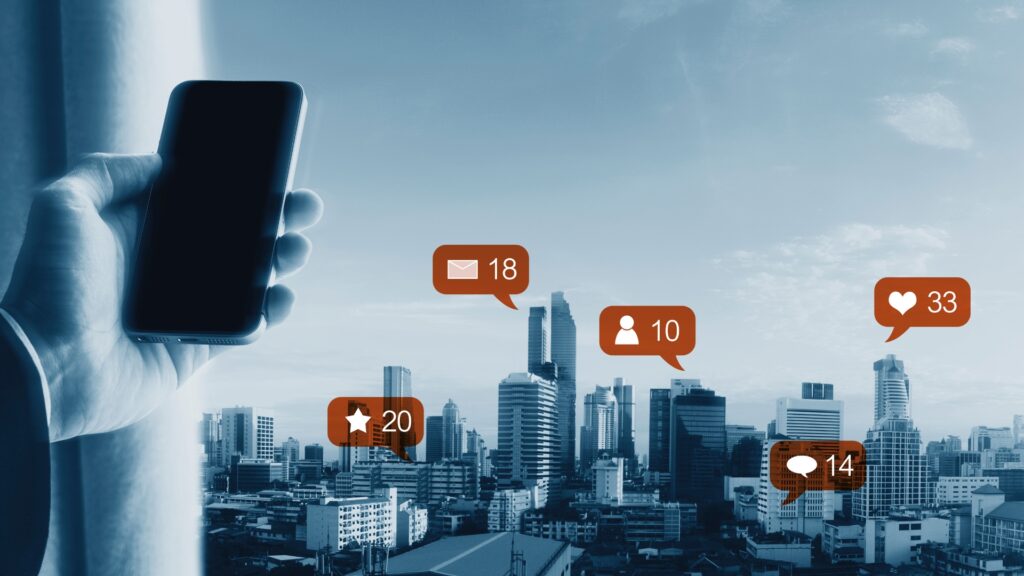
Social media marketing is all about connecting with your audience on platforms like Instagram, LinkedIn, Facebook, and Twitter (X). It helps you build a loyal community, increase brand awareness, and engage directly with customers through posts, stories, and conversations.
4. Email Marketing:
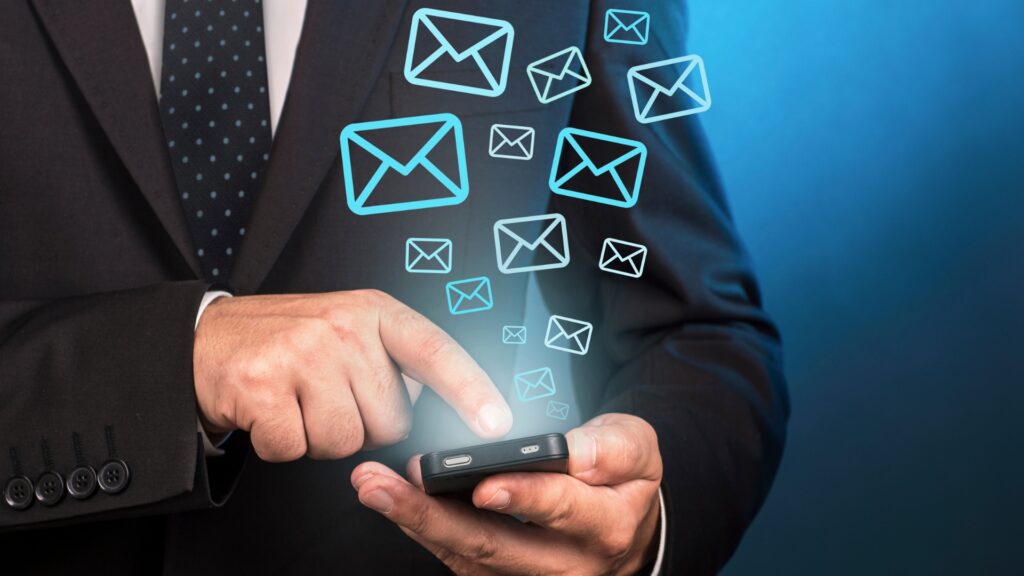
Email marketing remains one of the most personal ways to communicate with your audience. Sending newsletters, promotions, or personalized offers directly to inboxes helps nurture leads, boost customer loyalty, and drive repeat sales.
5. Pay-Per-Click Advertising (PPC):
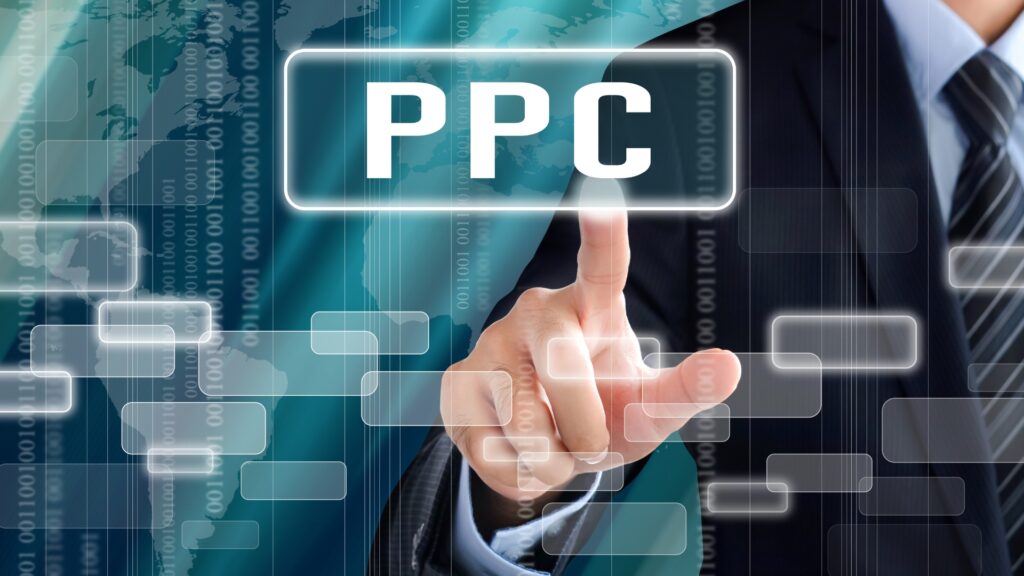
PPC allows you to place paid ads on search engines like Google or social media platforms. You only pay when someone clicks your ad, making it a targeted and efficient way to get immediate visibility and drive traffic to your site.
6. Influencer Marketing:
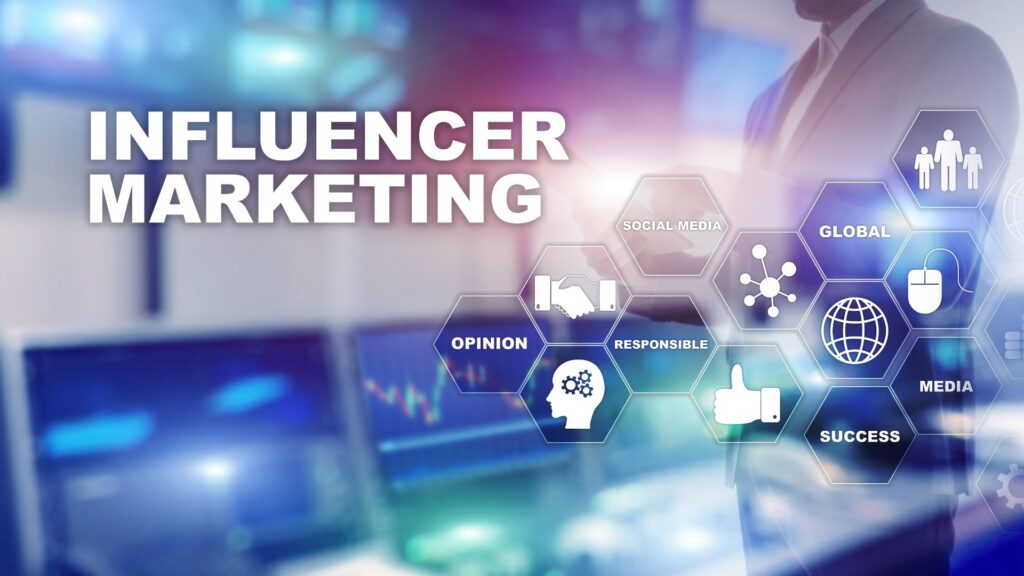
Influencer marketing leverages popular social media personalities or bloggers to promote your product. By tapping into their trusted audience, brands can increase reach, build credibility, and generate authentic engagement faster than traditional advertising.
🔍 Why Digital Marketing Matters
Unlike traditional marketing, digital marketing is measurable. You can see how many people clicked your ad, read your blog, or signed up for your newsletter in real time. It’s cost-effective, scalable, and—perhaps most importantly—targeted. You don’t just shout into the void; you whisper directly to those who care.
🧠 It’s Not Just About Tools—It’s About Strategy
What separates a digital marketer from someone just posting on Instagram? Strategy. Digital marketing requires a clear understanding of customer behavior, data analytics, content trends, and platform algorithms. It’s a constantly evolving puzzle—one that rewards creativity, timing, and insight.
🚀 The Future is Digital
From AI-driven ads to voice search optimization and virtual reality campaigns, digital marketing is only growing more powerful. Whether you’re a startup or a global enterprise, your online presence can make or break your success.
📌 Final Thoughts
Digital marketing is no longer optional—it’s essential. It’s where creativity meets data, and where businesses meet the world. Whether you’re selling handcrafted jewelry or running a SaaS company, digital marketing is your bridge to the global stage.
So next time you see a sponsored Instagram post or get an email that makes you click “Buy Now,” remember: that’s not just luck. That’s digital marketing—smart, strategic, and seamlessly woven into your daily digital life.
